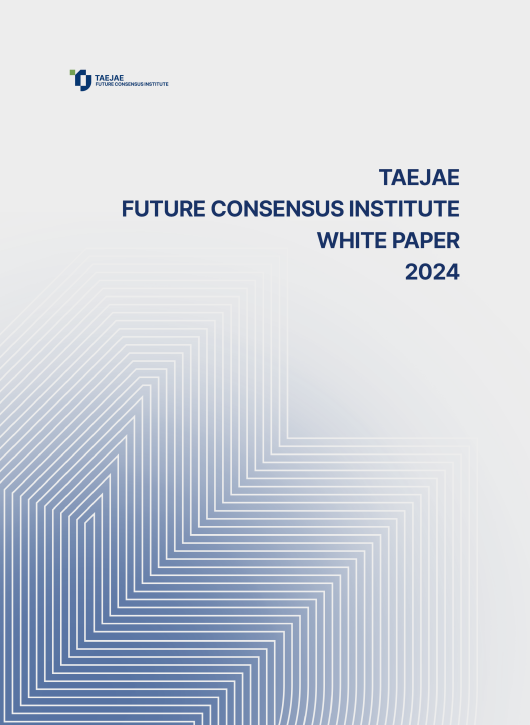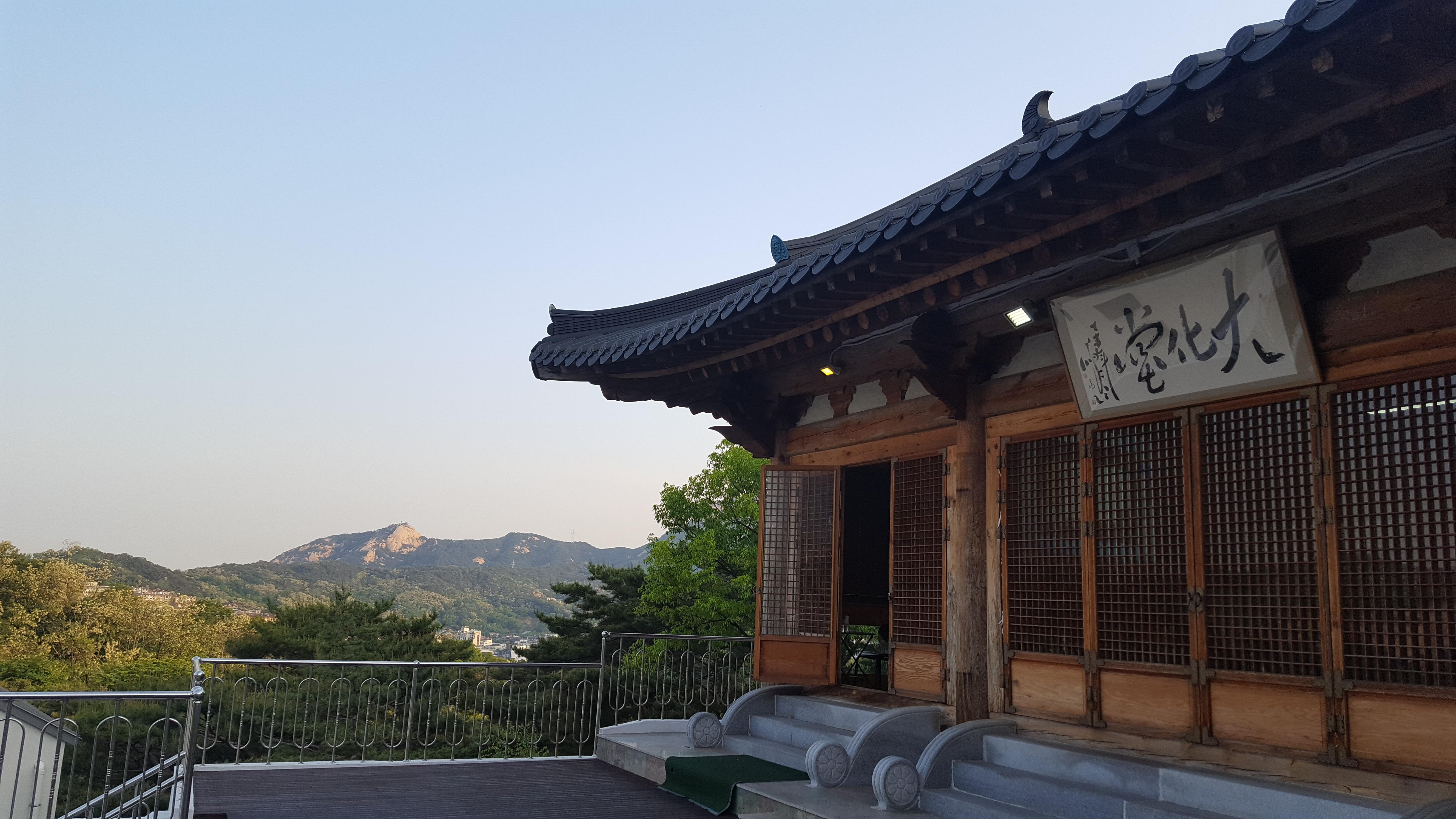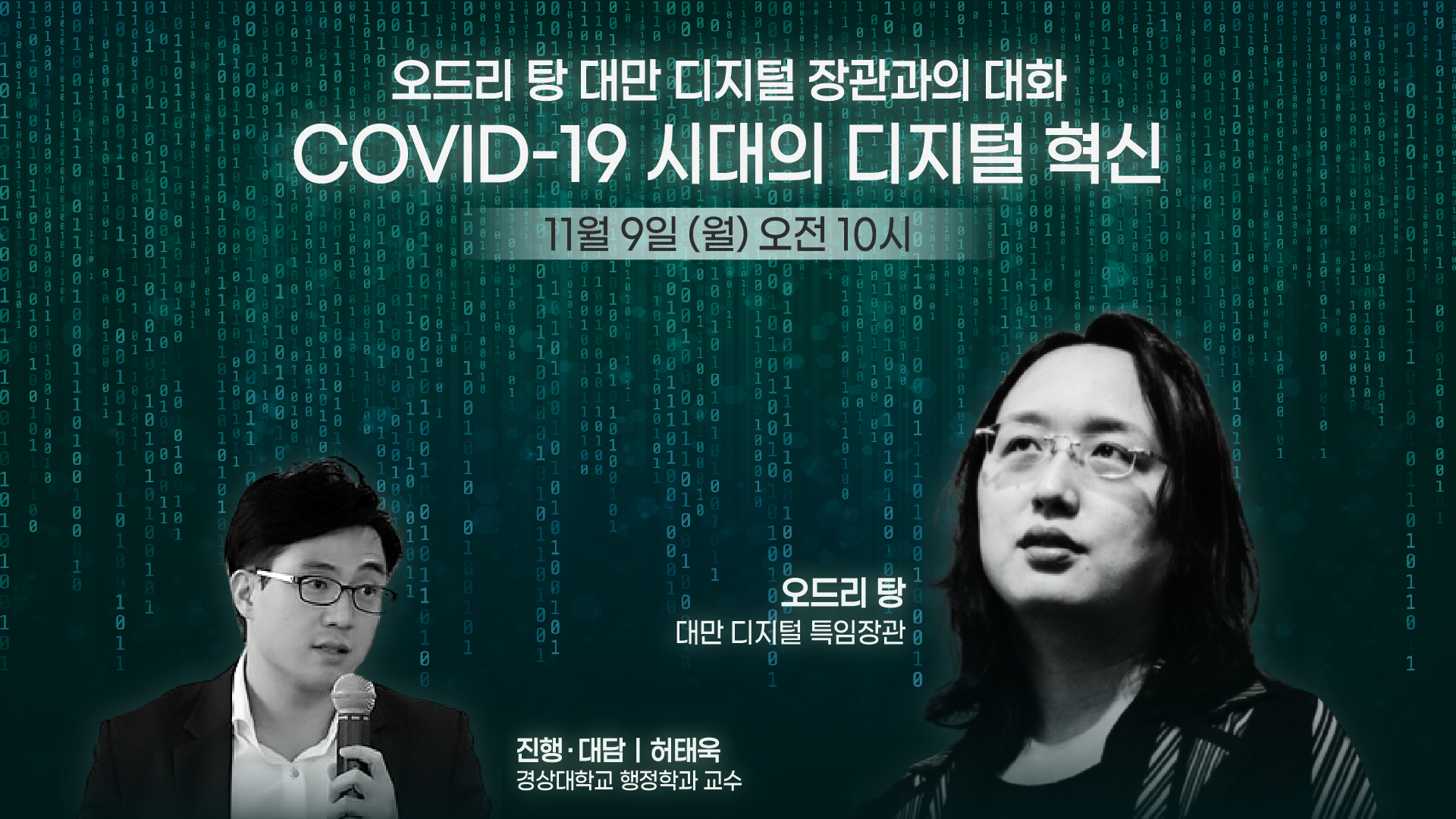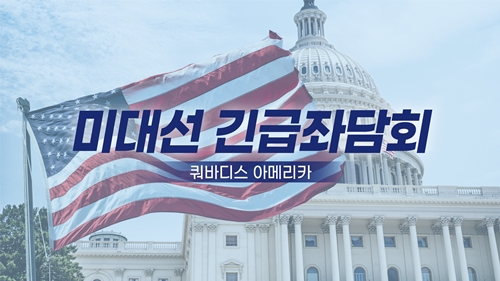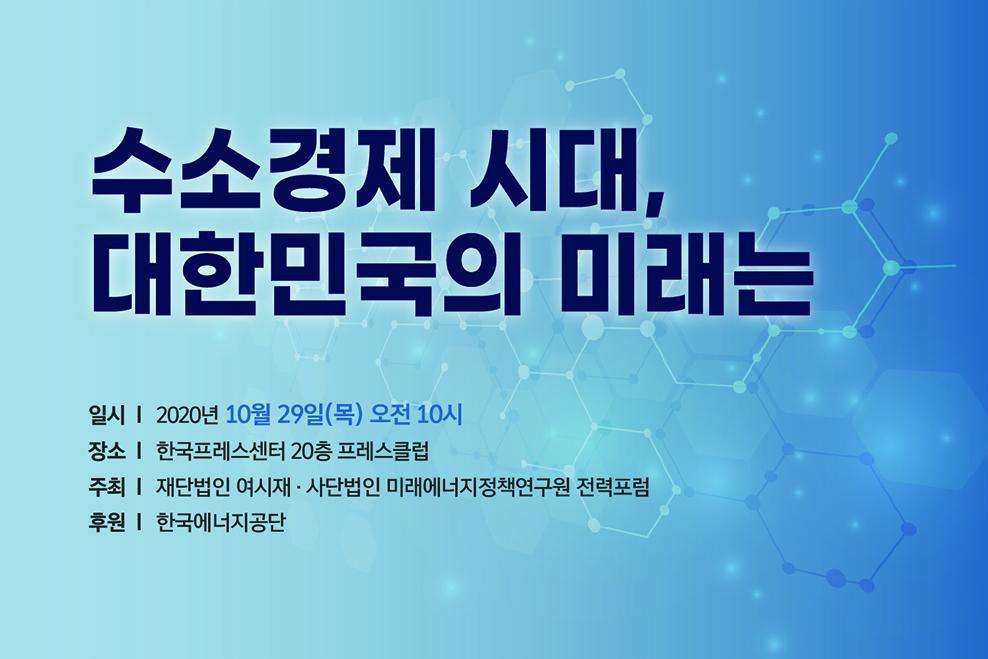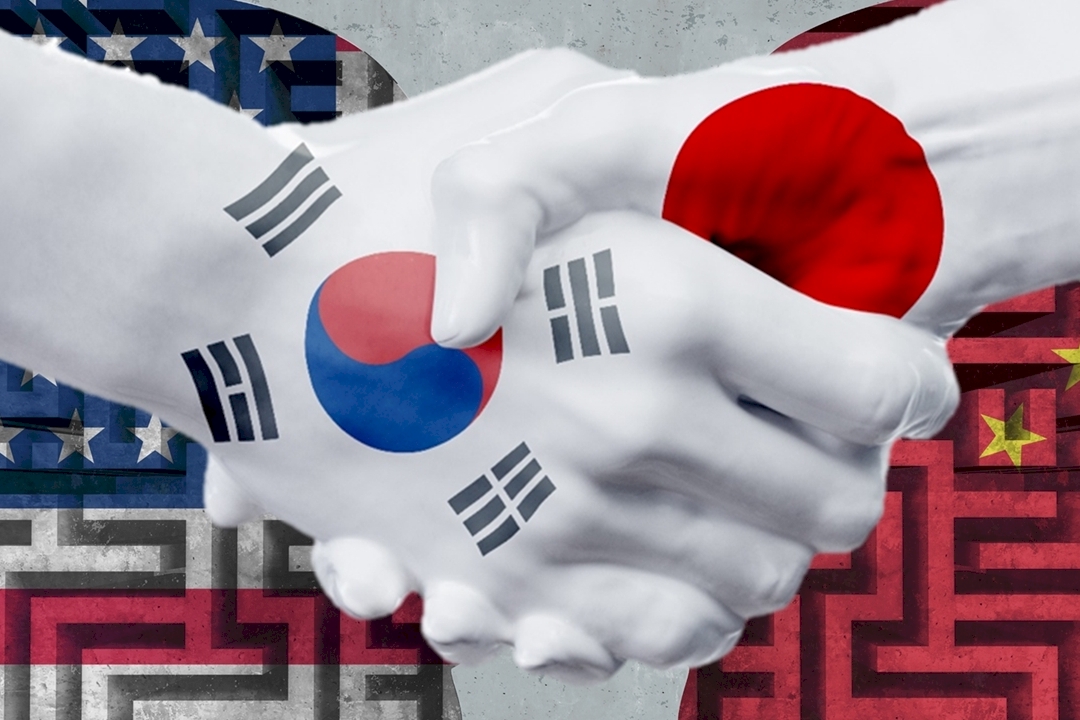Please join Yeosijae as we build a brighter future for Korea. Create your account to participate various events organized by Yeosijae.
[Looking Ahead: The Future of South Korea-Japan Relations ①] Japan and South Korea should share a strategy to open a new era
The growing importance of Korea-Japan ties amid intensifying U.S.-China competition
Society of Security and Diplomatic Policy Studies (SSDP), ‘Security Studies’ Dec. 2020, Vol 2, No 4.
South Korea-Japan relations are at one of their lowest points, and Seoul and Tokyo are struggling to break the current stalemate. However, with the election of the Biden administration, which has underscored the need for U.S.-Korea-Japan trilateral cooperation, and the increasing need for economic cooperation due to the coronavirus pandemic, there is growing hope for a renewed momentum towards the normalization of diplomatic relations. The bilateral cooperation between the two countries, in particular, is especially gaining importance due to the intensifying U.S.-China competition.
Yeosijae has been working with Japan’s Society of Security and Diplomatic Policy Studies (SSDP) to conduct seminars that discuss the challenges that the two countries face and ways to move forward to construct future-oriented relations. We held a joint seminar in July to share our respective COVID-19 responses and an inter-parliamentary dialogue in November to discuss South Korea-Japan cooperation in the post-COVID-19 era and highlight the need to improve relations between the two countries.
In December, SSDP published a research journal, Security Studies, to share the ideas that have been discussed during the Yeosijae-SSDP Future Consensus Dialogue. In the foreword, SSDP Chairman Masahiro Akiyama wrote, “the current stalemate in the bilateral relations should be overcome for Japan to respond appropriately – from the perspective of ensuring its national interest or security to issues such as North Korea’s nuclear programs, North-South reconciliation movement, intensifying U.S.-China confrontation, and North Korean abductions.” He stressed, “It is essential to promote bilateral dialogues in some form or other (to normalize relations),” and added, “we hope that the Japan-Korea Study Meeting to be established soon will make a substantial contribution to that end.”
Of the articles published in the journal by SSDP, we share two articles on the future of South Korea-Japan relations with our international readers. In the first article titled Japan and South Korea Should Share a Strategy to Open a New Era, Masao Okonogi (Emeritus Professor, Keio University) shares his thoughts about the recent Future Consensus Dialogue and underscores the need to build future-oriented relations between South Korea and Japan. In the second article titled Japan-ROK’s Middle Power Strategic Thinking in the Age of the U.S.-China Competition, Tsuneo Watanabe (Senior Fellow, Sasakawa Peace Foundation) discusses the necessity of a middle power strategy in the age of U.S.-China rivalry. Both articles were written before the election and were not updated with post facto knowledge.
|
The Society of Security and Diplomatic Policy Studies (SSDP) is a Japanese foreign policy and security think tank established in October 2016. Since its inception, the SSDP has organized study meetings, developed policy proposals for Japan’s national security and foreign policy, and has partnered with Yeosijae to participate in the 2018 Yeosijae Forum and co-host the 2019 Future Consensus Dialogue. SSDP Chairman Masahiro Akiyama is a former Vice Defense Minister and a Distinguished Fellow of Yeosijae. |
I think it is commendable at this time to have a frank exchange of opinions regarding many aspects of Japan-South Korea relations. However, it is regrettable that there has not been sufficient debate about how to overcome the hurdles that stand before us at this moment.
For example, what was possible for us to do as bilateral joint efforts to contain COVID-19? Amid the shortage of flights due to the corona pandemic, some Japanese people abroad at that time were allowed to board South Korean planes to return home or vice versa. Japan helped a South Korean girl with leukemia to return home from novel coronavirus-hit India. However, cooperation beyond more than these examples was difficult. For example, the mayor of Gyeongju city was about to donate boxes of masks to Nara, a Japanese sister city of Gyeongju, but he had, in the end, to withdraw his plan due to a backlash at home. We must admit that the current relationship between Japan and South Korea is quite precarious.
The confiscation of Japanese companies’ assets in South Korea as a result of wartime labor trials, on the one hand, and Japan’s stricter export control of semiconductor parts to South Korea, on the other hand, are individual policy issues independent from each other. But actually, they are utterly politically linked with each other. This is an example of linkage politics. It would be impossible to solve one of the two issues alone. Moreover, due to time-bound legal procedures, the deadline has been set for the wartime labor issue. If the South Korean government cashes the seized assets of Japanese companies, the Japanese government will have to take countermeasures. The bilateral historical friction and its raw memories make Japan-South Korea cooperation impossible.
Japan-South Korea relations will be affected by the growing U.S.-China confrontation in various ways
Recognizing the above, I want to point out several things. The first is changes in the international political system, encompassing Japan-South Korea relations. In the 1990s and 2000s, the democratization of South Korean society and the completion of the Cold War promoted Japan-South Korea cooperation and historical reconciliation. As international cooperation and historical reconciliation such as German reunification and European integration progressed hand in hand, there were also moves toward the reconciliation of the two neighbors --- as seen in the statement by Prime Minister Tomiichi Murayama, the Japan-South Korea Joint Declaration of 1998, and the 2002 FIFA World Cup jointly hosted by Japan and South Korea. In the 2010s, however, when China became a world power, and South Korea emerged as an industrialized economy, the historical friction between Japan and South Korea was rekindled and continues to this day. Another change in the international political system expected to last long into the future is the growing U.S.-China confrontation. It has already assumed the form of regime competition. Japan-South Korea relations will have to be affected by it in various ways.
If Japan and South Korea seek creative diplomacy, they will have no other alternative than to pursue strategic middle-power cooperation
I would not go so far as to say that there is a U.S.-China Cold War. As for the U.S.-Soviet Cold War, geopolitical security, that is, military conflict was above all highlighted. There was no economic interdependence between the United States and the Soviet Union. The ongoing U.S.-China confrontation began with competition over IT technology and is heading toward cutting off China from existing technologies and markets, or the decoupling of China. If the current situation becomes more serious, we must consider how it will affect Japan-South Korea relations. As industrialized nations sandwiched between the United States and China, Japan and South Korea will have to promote strategic cooperation. Neither Japan nor South Korea can choose only the United States or take sides with China. With this fact as a common consideration, strategic middle-power cooperation may come into being between the two neighbors. If Japan and South Korea seek creative diplomacy, they will have no other alternative. This is a possibility that has previously never existed and will provide a historic opportunity.
Options available to North Korea will become increasingly difficult
Meanwhile, options available to North Korea will become increasingly difficult. For the past year or two, while gauging China’s feelings, Chairman Kim Jong-un held summit talks with President Trump. He attempted to have the “gradual denuclearization” of North Korea accepted by President Trump, to obtain relief from North Korea-targeted economic sanctions, and to improve U.S.-North Korea relations. Then, dialogues and exchanges between North and South Korea will also expand accordingly. If, therefore, Mr. Trump wins the coming U.S. presidential elections, he will likely continue the present policy favorable to North Korea. Even in that case, Kim Jong-un will have to carry on difficult diplomatic negotiations. President Trump emerging from the elections with another four-year term of office may become less eager for a “deal” with North Korea. Or, in the second half of his new term, President Trump may make some concessions to North Korea to leave a “legacy.” If the Democrat candidate Biden is elected, a U.S.-North Korea summit will be hard to arrange. Although the Biden administration would not return to the “strategic patience” of the Obama administration, it would begin with a review of U.S. North Korea policy.
It seems to me that North Korea has already begun a thorough reexamination of its foreign policy, with the suspension of the North-South dialogue in view. The work will continue until the end of this year, because a new foreign policy must include the result of the coming U.S. presidential elections. Therefore, on October 10, Pyongyang will witness events of grandeur commemorating the 75th anniversary of the Workers’ Party of Korea, and a newly developed strategic missile will appear in the military parade. But no concrete foreign and South Korea policy will be announced on that occasion.
North Korea must also pay attention to the exacerbation of the U.S.-China confrontation. The more serious it becomes, the more difficult another U.S.-North Korea leaders summit will be. In such a complicated and fluid situation, it is unlikely that North Korea will engage in full negotiations with Japan. The Japanese abductee issue is becoming unsolvable.
It would be difficult for the two countries to agree on historical perceptions
The Japanese and South Korea government should look for common strategic interests instead
Lastly, a few words about the historical friction between Japan and South Korea. Korean friends of mine argue that Japan and South Korea can share a strategy only if we can agree on historical perceptions. But it would be easier to pass a camel through the eye of a needle than for us to reach such agreement. Rather, why not start by changing the way of thinking and looking for common strategic interests? As I pointed out earlier, if Japan and South Korea, sandwiched between the United States and China, can share a strategy and succeed in maintaining it for a generation, the consciousness of both peoples will change significantly. I think that is the way to change the historical perceptions of both sides and finally resolve the historical friction. The Japanese and South Korean governments must build a new relationship of neighbor to neighbor based on a long-term perspective.
(This paper was translated from Japanese into English by Tsutomu Inuzuka, SSDP Associate)
< Copyright holder © TAEJAE FUTURE CONSENSUS INSTITUTE, Not available for redistribution >

